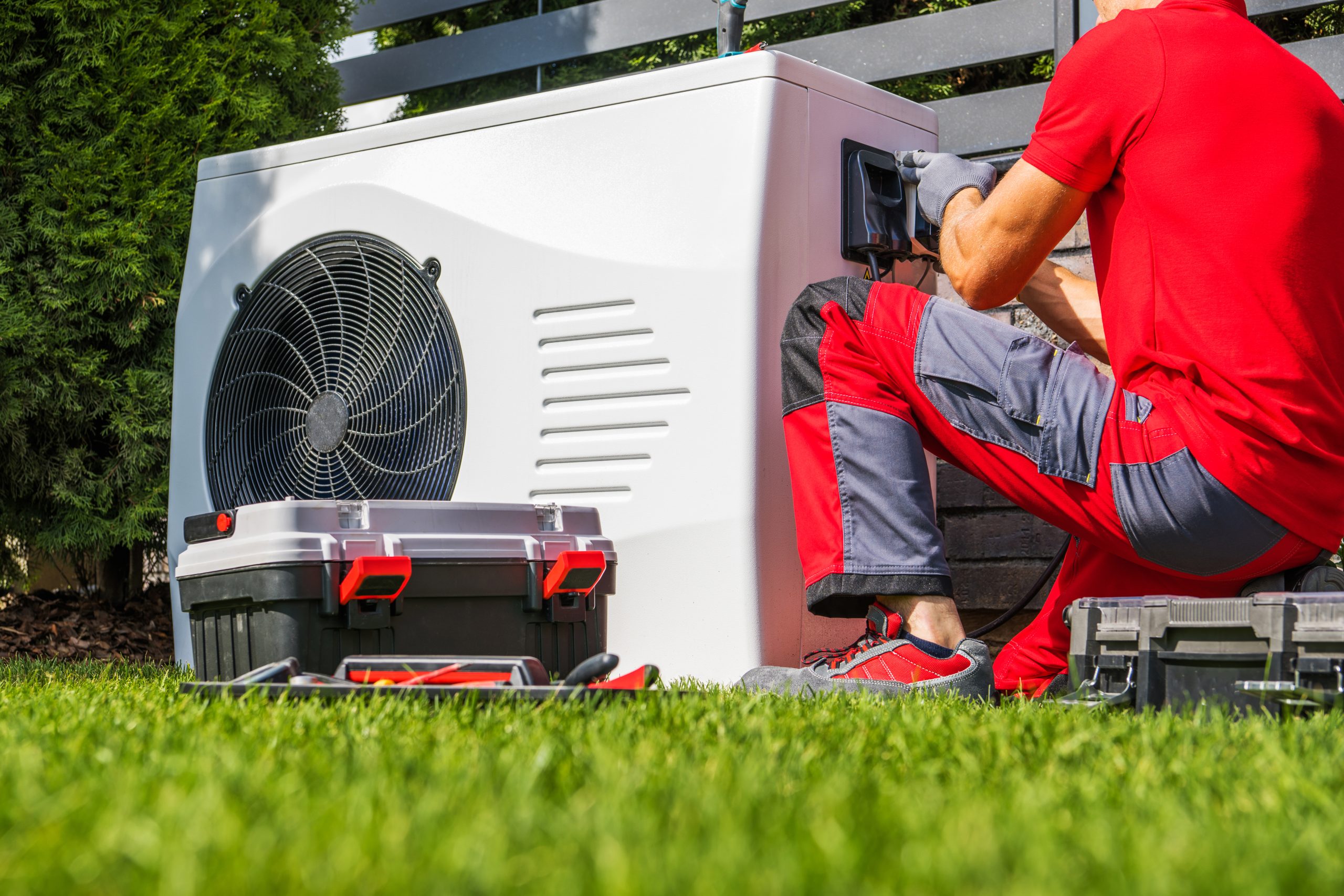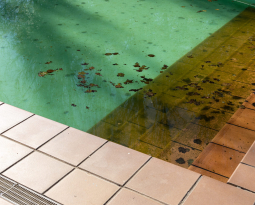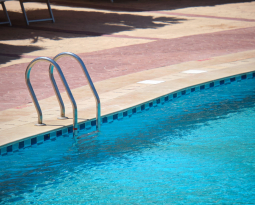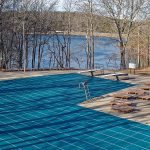How to Maximize Pool Energy Efficiency By Heating Your Swimming Pool
It’s no secret that we live in a world where energy prices aren’t coming down. Homeowners and businesses alike are looking for a way to increase pool energy efficiency. This often revolves around the pool’s heating system. Heating a swimming pool can consume a significant amount of energy, but with the right strategies, it’s possible to enjoy a warm pool without the hefty energy bills.
Understanding Pool Energy Consumption
Swimming pools, while a source of relaxation and fun, can be energy-intensive. Energy in a pool is primarily consumed in three areas: filtration, lighting, and heating. Among these, heating stands out as the most energy-consuming component. The type of heater, its size, and its efficiency all play a role in determining how much energy a pool consumes.
Benefits of an Energy-Efficient Heated Pool
An energy-efficient heated pool offers a myriad of benefits. Efficient heating systems consume less energy, leading to noticeable reductions in monthly energy bills. With efficient heating, pool owners can enjoy their pools for longer periods, even during cooler months. Reduced energy consumption means a smaller carbon footprint, making it a win for the environment. Above all, a well-heated pool ensures a comfortable swimming experience, free from the jarring cold that can sometimes accompany dips in the pool.
Types of Pool Heaters
Swimming pool heaters come in various forms, each designed to cater to specific needs and preferences. Understanding the different types can help pool owners make informed decisions about which heater is best suited for their pool.
Solar Pool Heaters: These heaters utilize solar panels to capture the sun’s energy, converting it into heat for the pool. The water circulates through the panels, gets heated, and then returns to the pool. Solar heaters are environmentally friendly and can be cost-effective in the long run, especially in sunny regions. However, their efficiency can be affected by weather conditions, and they might require a larger initial investment.
Gas Heaters: Powered by natural gas or propane, gas heaters are known for their rapid heating capabilities. They burn the gas in a combustion chamber, which heats a series of coils through which the pool water circulates. Gas heaters can heat a pool in any weather, making them ideal for those who want to use their pools year-round. While they can heat pools quickly, they might have higher operational costs due to fluctuating natural gas and propane prices.
Heat Pumps: These heaters work by extracting heat from the surrounding air and transferring it to the pool water. There are two main types: air-source and water-source. Air-source heat pumps are more common and draw warmth from the ambient air. Water-source, or geothermal heat pumps, extract heat from a nearby water source. Heat pumps are energy-efficient and can maintain a consistent pool temperature, but they might be slower to heat the pool initially.
Electric Resistance Heaters: As the name suggests, these heaters use electricity to generate heat. They pass electric current through resistive elements, which produce heat. The pool water circulates around these elements, absorbing the heat. Electric resistance heaters don’t emit any emissions and can be installed in any size of pool or spa. However, they can be less energy-efficient compared to other options and might lead to higher electricity bills.
Each type of heater has its own set of pros and cons, and the best choice often depends on factors like the pool’s size, location, usage frequency, and the owner’s budget. It’s essential to consider both the initial investment and ongoing operational costs when choosing a pool heater.
Maximizing Heating Efficiency
Choosing the right size heater for the pool’s volume is essential. Regular maintenance of the heater ensures it operates at peak efficiency. Pool covers help retain heat, reducing the amount of energy required to keep the pool warm. Setting the temperature just a few degrees lower can lead to significant energy savings without compromising comfort. If using solar heaters, ensure they are positioned to receive maximum sunlight throughout the day.
Harnessing Smart Technologies
Modern pool equipment has a range of smart technologies that can be harnessed for pool energy efficiency. Automated systems allow pool owners to set heating schedules. Smart thermostats can adjust heating based on external factors, like weather conditions. Heating systems can be integrated with home energy management systems, allowing for centralized control and monitoring.
Seeking Expert Advice for Pool Heating Efficiency
For those looking to make their pools more energy-efficient, seeking expert advice is invaluable. At Pool Operation Management, with our vast experience and dedication to promoting energy efficiency, we provide guidance, solutions, and support. With the right strategies and a commitment to sustainability, pool owners can enjoy the luxury of a heated pool without environmental guilt or high energy bills. Contact us today to see how we can help with warming up your pool without breaking the bank.











